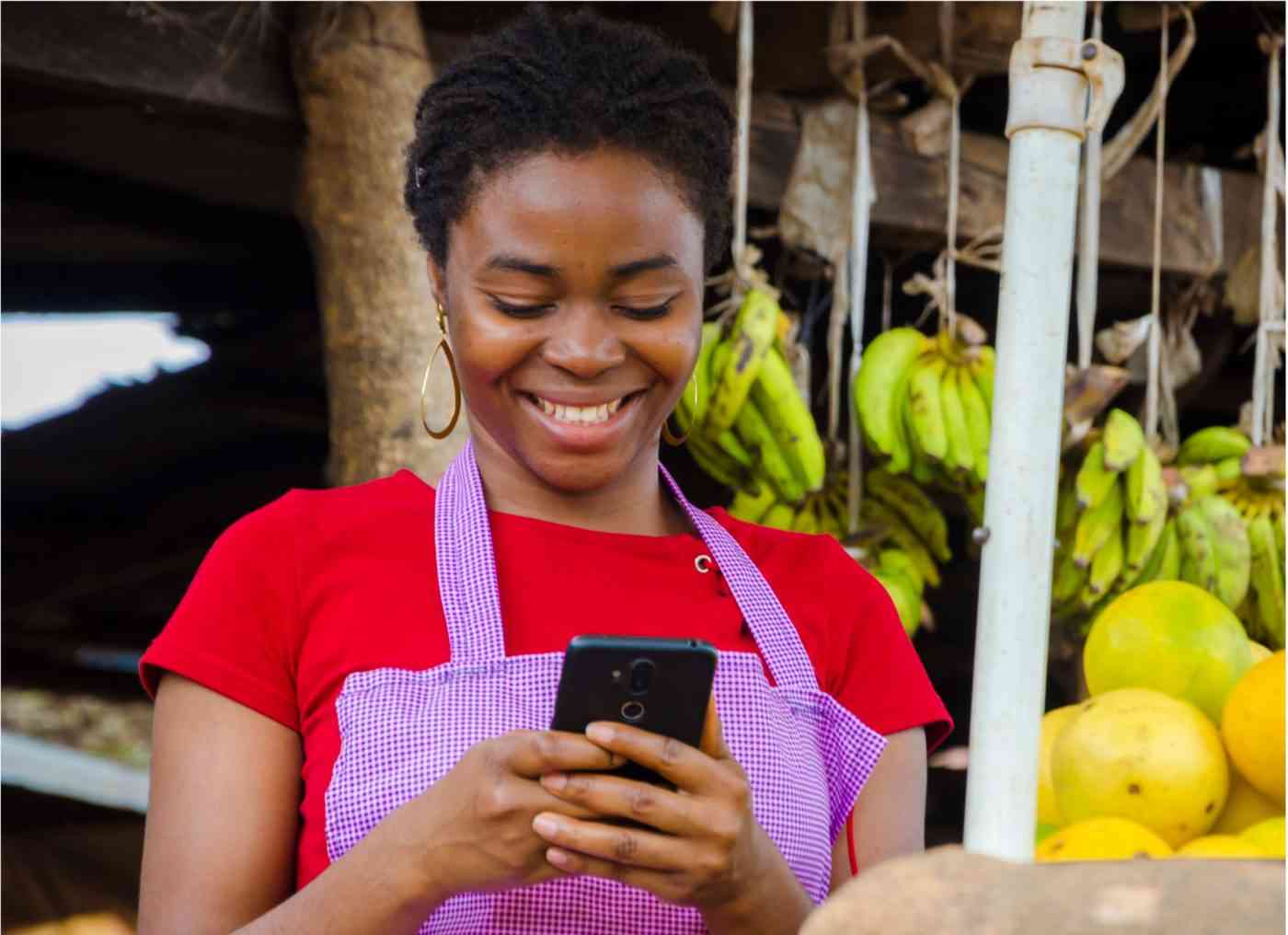
Even as digital life becomes increasingly central, a huge number of women in Africa are still left behind. Sure, almost 70% of Africans get online using mobile devices, but women in sub-Saharan Africa are roughly 30% less likely to own a smartphone than men. That's a significant gap we urgently need to close.
Unlocking a World of Opportunity
Imagine the power of having a smartphone in your hand. For African women, it means direct access to so many vital services:
- Financial Independence: Think banking, saving, and even getting small business loans, all from their phone.
- Learning and Growth: Education and health information become instantly available, no matter where they are.
- Building Connections: They can tap into professional networks and find remote work opportunities.
Smartphones aren't just gadgets; they're tools that help women grow their income, have more say in household decisions, and build a stronger financial future for themselves and their families.
The Stubborn Reality of Inequality
This digital gender gap is stubbornly wide, leaving millions of women unable to get online, especially in rural areas where smartphone ownership really lags. This isn't just an inconvenience; it reinforces existing societal barriers, keeping women from learning, earning, and accessing essential healthcare.
What's Holding Women Back?
Several factors are making it tough for women to get and use smartphones:
- July Moyo defends Pomona deal
- I’m inspired to develop, empower, says Rita
- Vhiriri is woman on a mission
- I’m inspired to develop, empower, says Rita
Keep Reading
- Cost, Cost, Cost: Simply put, lower income levels make buying a smartphone an even bigger financial stretch for women.
- Lacking Digital Know-How: Even if they get a phone, many women haven't had the chance to learn the digital skills needed to use it effectively.
- Cultural & Safety Worries: Sometimes, societal norms limit whether women can own a device or move freely with it. Plus, there's a real fear of online harassment and safety threats.
Why This Matters: Beyond Just Phones
Closing this digital gender gap isn't just about empowering individuals; it gives entire economies a massive boost. Research suggests that if women used mobile internet as much as men, sub-Saharan Africa's economy could see an additional $1.3 trillion within just five years. Why? Because access unlocks better education, boosts businesses, improves healthcare, and encourages participation in civic life.
Charting a Course for Digital Inclusion
To make sure every woman can benefit from this digital revolution, we need a smart, combined approach:
- Make Phones Affordable: This means specific initiatives like subsidies, installment plans with no interest and designing genuinely low-cost phones especially for women.
- Boost Digital Skills: To bridge that knowledge gap, education programs need to be created just for women and taught in local languages.
- Create Safe Digital Spaces: We need strong laws and effective tools to protect women from online abuse and harassment.
- Shift Social Norms: Community outreach is key to challenging old stereotypes that limit women's engagement with technology.
Real Change in Action: A Glimpse of Hope
Initiatives like Nigeria’s Tech Herfrica are already making a tangible difference. Their "EquipHer4Growth" program gives women in rural areas not just smartphones, but also practical training in digital and financial literacy, all delivered in their native languages. These kinds of efforts are vital catalysts for inclusive growth, genuinely equipping women to thrive in the digital economy.
The Bottom Line
Smartphones hold immense potential to unlock economic, educational, and social opportunities for African women. But this can only happen if we prioritize making devices accessible and affordable, ensuring online safety, and building crucial digital skills.
By investing in these areas and fostering strong community partnerships, Africa can effectively bridge the gender digital divide and ensure its women are full, empowered partners in shaping its digital future.










